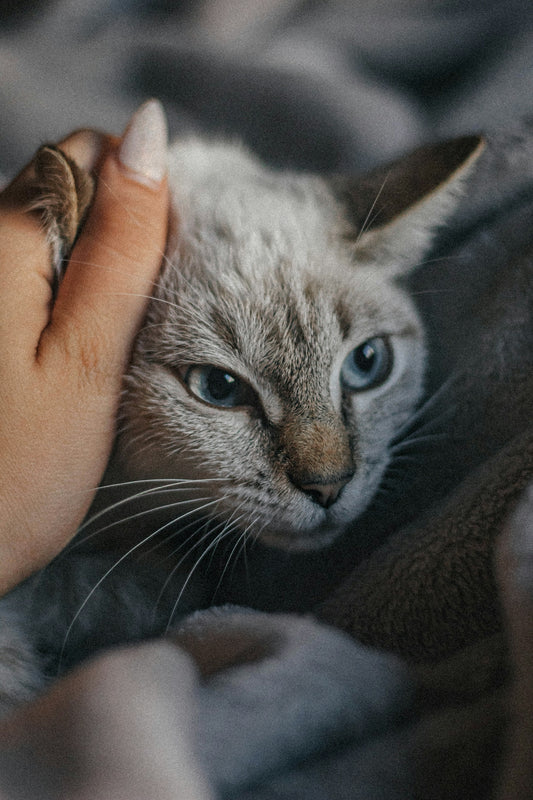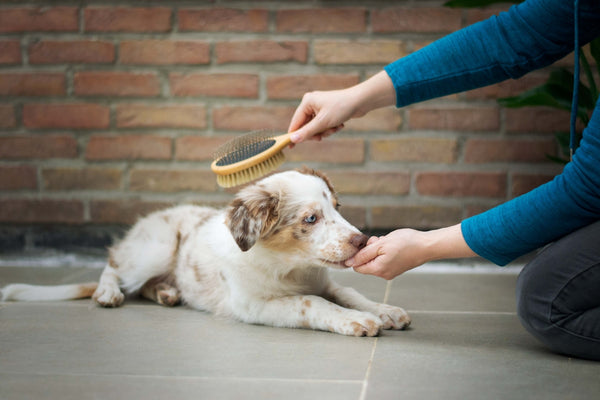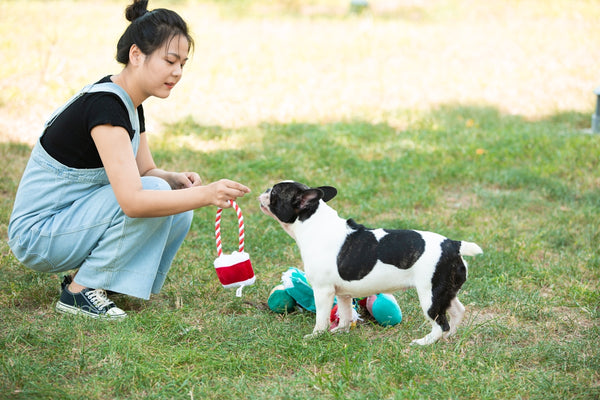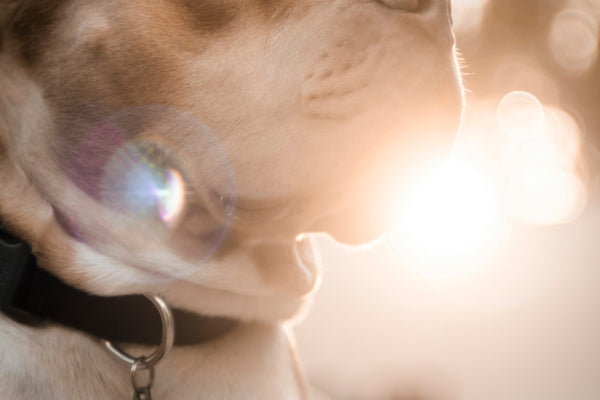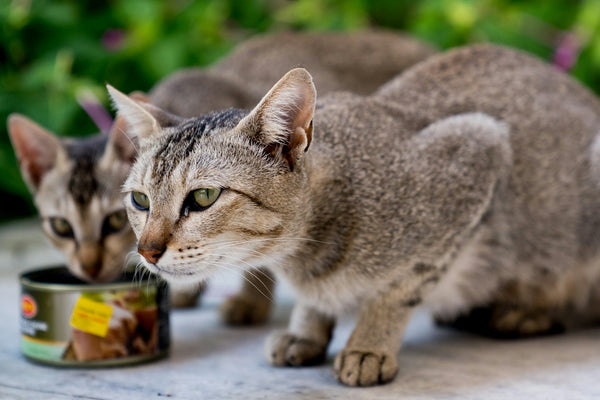As a pet owner, ensuring your furry friend has a healthy diet is crucial for their overall well-being. With so many options available on the market, selecting the right pet food ingredients can be quite challenging. We've compiled some frequently asked questions (FAQs) to help guide you in making informed decisions about your pet's diet.
What are the essential nutrients my pet needs?
Whether you have a dog or a cat, their diet must include a balance of proteins, carbohydrates, fats, vitamins, and minerals. Proteins help in muscle building, carbs and fats provide energy, and vitamins and minerals are essential for various bodily functions. Always choose a pet food that lists these ingredients in appropriate proportions.
Should I consider my pet's age when selecting food ingredients?
Yes, age is an important factor. Puppies and kittens require food with higher calorie content for growth, while adult pets need a balanced diet to maintain their health. Senior pets benefit from diets with fewer calories but enriched with vitamins like omega-3 fatty acids, which can be supplemented with products like the Skin and Coat Supplement for Pets.
How do I know if my pet has food allergies?
Food allergies in pets can manifest as skin irritations, digestive problems, or respiratory issues. If you notice any unusual symptoms, consult your veterinarian. It's also advisable to feed your pet using a Paw & Patch Nautical Blue Small Ceramic Pet Bowl for Dogs and Cats, which is non-reactive and helps in preventing contamination of food.
What is the importance of water in my pet's diet?
Water is essential for every function in your pet's body, including digestion and temperature regulation. You can ensure a continuous supply of fresh water with the PetHydrate Automatic Cat Bowl & Water Fountain, which is designed to keep water clean and enticing for your pet.
Can I feed my pet homemade food?
While it's possible to prepare homemade meals for your pet, ensuring that the meals are nutritionally balanced can be challenging. If you choose to make homemade food, consulting with a veterinary nutritionist will ensure your pet is getting all the nutrients they need.
What should I do if I suspect my pet isn’t tolerating their food?
If your pet shows signs of intolerance like vomiting, diarrhea, or lethargy, it’s crucial to consult a veterinarian as soon as possible. In the interim, having an Ultimate Pet First Aid Kit on hand is a smart way to manage any sudden issues until you get professional assistance.
How can technology support my pet's feeding routine?
Technology can be extremely helpful in maintaining a regular feeding schedule. Products like the Smart Automatic Cat and Dog Feeder allow you to control feeding times and portions through an app, ensuring your pet is fed even when you're not at home.
For more information and a wider selection of pet products, visit My Pet Collective.
Selecting the right pet food ingredients is pivotal to maintaining your pet’s health and happiness. By staying informed and choosing products that suit their specific needs, you can ensure that they lead a healthy and fulfilling life.
